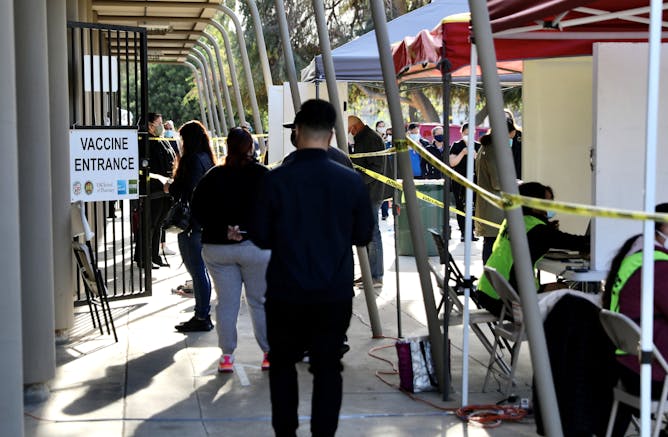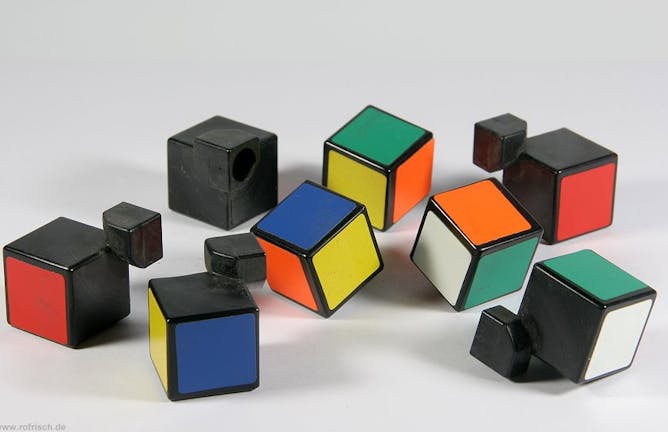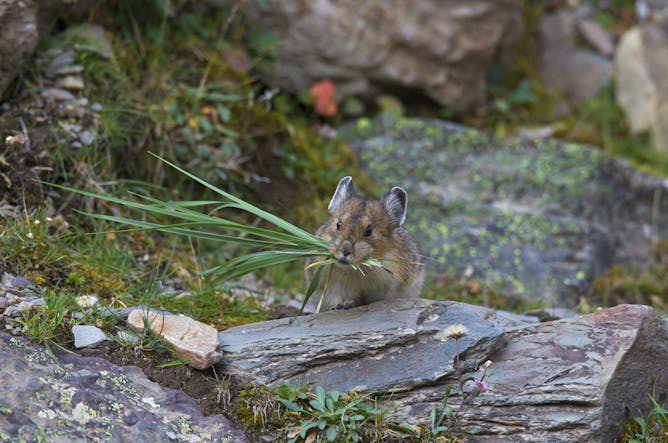|
The Trump administration yesterday announced plans to release all available COVID-19 vaccines and greatly broaden the pool of people eligible to receive it. One risk with this change is that supply for the needed second dose may not be available to people who received the first shot. Vanderbilt University Medical Center scientist Sanjay Mishra, who has written a number of articles on the COVID-19 vaccine, explains why this strategy is causing a
rift among experts.
The field of explainable artificial intelligence aims to give people the means to understand how an AI works and makes decisions. It can also be used to teach – in this researcher’s case, how to solve a Rubik’s cube – and even help humans better collaborate with AIs.
Also in this week’s science and research news are two intriguing stories related to climate change: an analysis on how climate change will affect water availability around the world and one on the
adaptability of pikas, small mountain-dwelling cousins of rabbits thought to be particularly vulnerable to the effects of climate.
Please reply to this email if there’s a subject you’d like our science editors to cover.
|

Health care workers wait in line for vaccinations at a site in Los Angeles.
Xinhua News Agency via Getty Images
Sanjay Mishra, Vanderbilt University
With vaccine shortages looming, experts are debating whether it is important to receive two doses or whether it's better to give one dose to more people and give a second when the supply is better.
|

Understanding how artificial intelligence algorithms solve problems like the Rubik’s Cube makes AI more useful.
Roland Frisch via Wikimedia Commons
Forest Agostinelli, University of South Carolina
AI algorithms can solve hard problems and learn incredible tasks, but they can't explain how they do these things. If researchers can build explainable AI, it could lead to a flood of new knowledge.
|

Stocking the haypile.
Arterra/Universal Images Group via Getty Images
Andrew Smith, Arizona State University
Pikas – small cousins of rabbits – live mainly in the mountainous US west. They've been called a climate change poster species, but they're more adaptable than many people think.
|